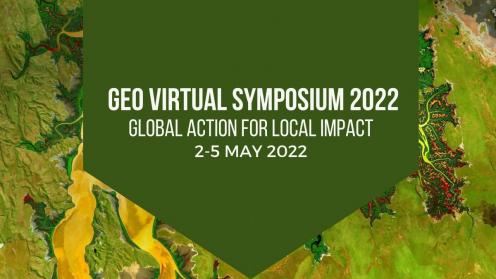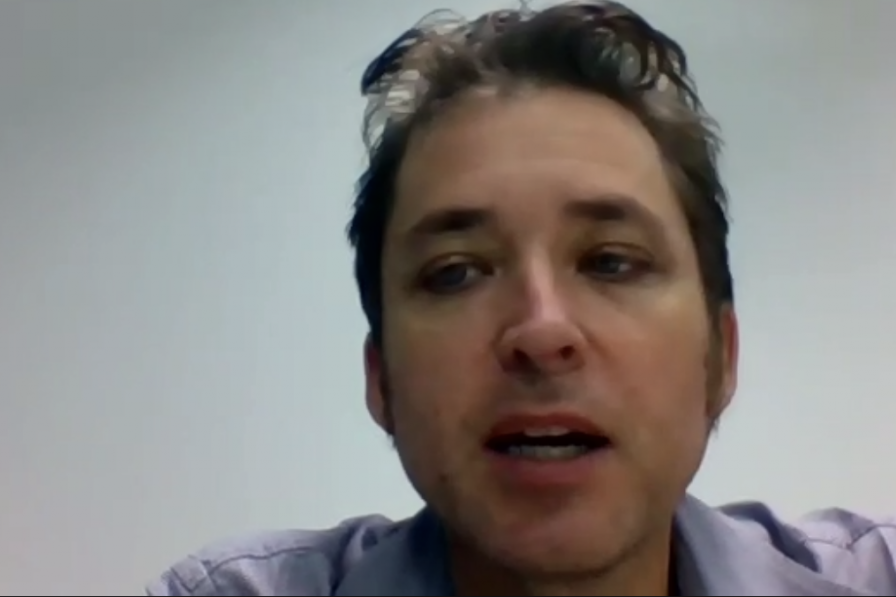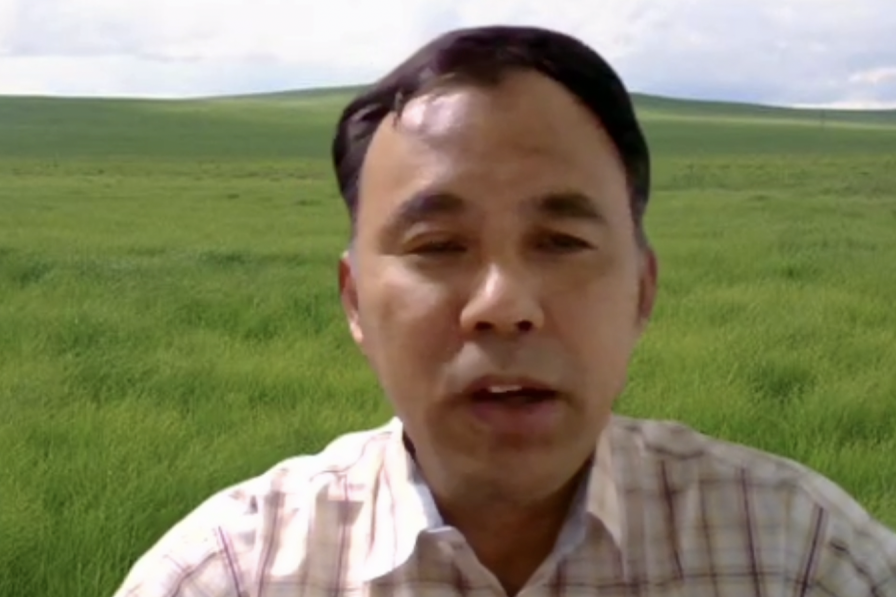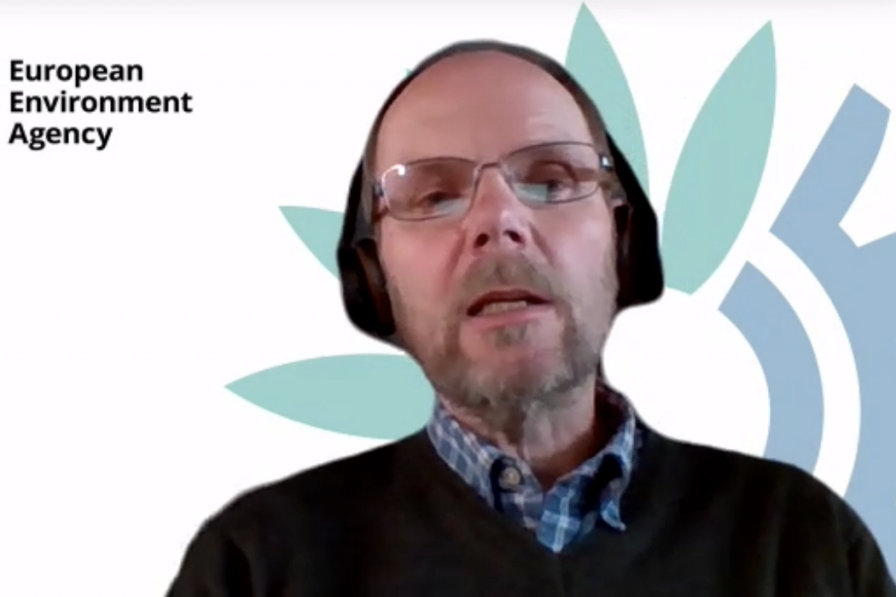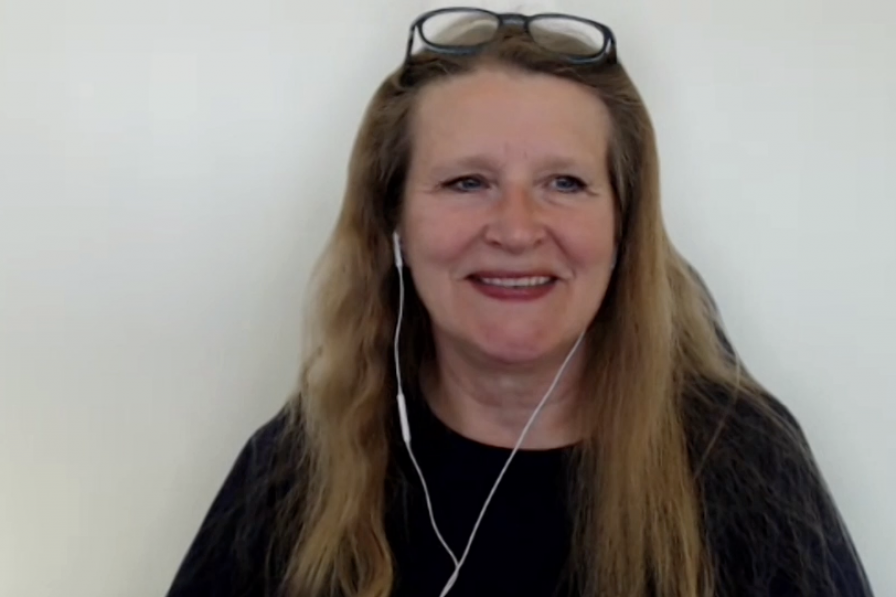On its second day, the GEO Virtual Symposium opened with a session on how Group on Earth Observations (GEO) projects within a single region can exploit synergies to develop integrated Earth observation solutions for local decision-makers, followed by two thematic sessions on open data and inclusion.
The first session explored interactions and synergies among existing GEO Work Programme (GWP) activities that contribute to biodiversity, crop and water monitoring in Cambodia’s Tonlé Sap Lake Region, and potential integrated Earth observation solutions that can support decision-making by local stakeholders. Examples provided included:
- use of satellite and in-situ data to simulate the impact of droughts and floods on rainfed and irrigated rice production;
- adaptation of China’s CropWatch crop monitoring system for use in Cambodia;
- Earth observation mapping of habitats and use of GPS tracking systems to promote conservation of the endangered Serus crane in Cambodia and Thailand; and
- use of Earth observations data to support ecosystem accounting.
A panel discussion considered how the GWP can support integrated solutions, such as through:
- system-level solutions that can be used for multiple purposes;
- tools developed for the local context;
- Earth observations tools that can be used for agriculture data prediction, noting farmers are mostly interested in future data; and
- supporting local communities to reduce their impact on natural resources while maintaining their livelihoods.
A second session discussed the various tools and services that the GEO Data Working Group (DWG) is establishing to advance the Data Sharing and Data Management Principles in GWP activities. DWG member Helen Glaves summarized the results of the DWG survey of GWP activities, noting key findings on such barriers as:
- lack of common standards and best practices;
- fragmented data policies; and
- funding models that limit further development of some GEO activities.
She also discussed suggestions made in the survey and follow-up engagements about how GEO could address these barriers.
Other speakers outlined:
- the development of a GEO in-situ data strategy;
- the work of the International Science Council’s Committee on Data (CODATA) to promote interoperability;
- success stories of implementing the Data Sharing and Data Management Principles;
- efforts under the European Commission’s Horizon Europe research funding programme to promote open science and the FAIR (Findable, Accessible, Interoperable, Reusable) data principles; and
- the development of a self-assessment tool for GEO data management policies and FAIR principles.
The final session highlighted how various GEO initiatives and groups have been successful in attracting a diverse set of people and contributions. A speaker elaborated on how EuroGEO is promoting several types of diversity. A member of GEO’s Equality, Diversity, and Inclusion Subgroup provided a panorama of how different regional GEOs are working to promote diversity. A Tanzanian student presented on how Digital Earth Africa involves women and youth in mangrove preservation in Zanzibar. The GEO Secretariat explained how GEO plans to step up and make its youth engagement more systematic, creating more opportunities, recognizing youth contributions and raising their visibility in Earth observations projects. An AmeriGEO representative discussed how a 2021 mapathon is leading to the creation of a national GEO in Peru with diverse regional participation. The GEO Indigenous Alliance discussed best practices for Indigenous engagement.
In the subsequent discussion, panelists considered how future GWP can meaningfully engage Indigenous and other underrepresented groups and highlighted the need for increased funding, capacity building, transparency, knowledge sharing and community engagement. Participants underlined that language is a major barrier to participation and called for inclusion of a variety of languages, including Indigenous languages.
To receive free coverage of global environmental events delivered to your inbox, subscribe to the ENB Update newsletter.
